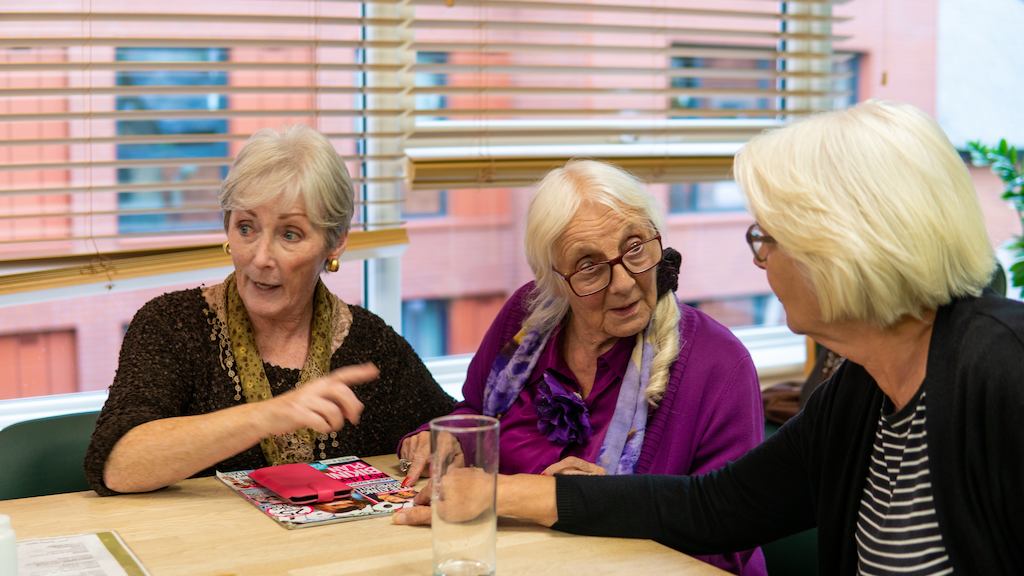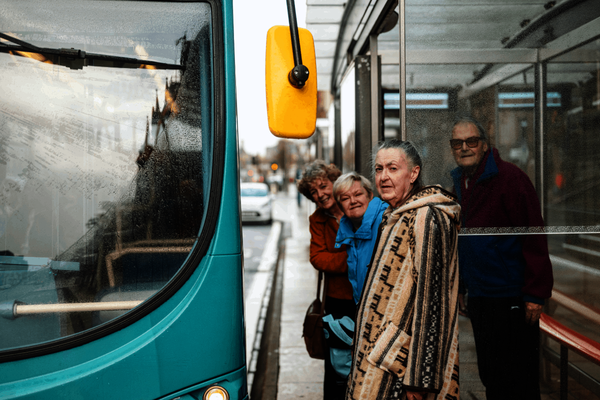Paul McGarry’s top 10 tips for Age-friendly Communities

There’s a wealth of knowledge and experience in the world of ageing and Age-friendly Communities, and a strong culture of sharing. Learning from one another can help us make ageing better a reality in our communities.

Paul
McGarry
Head Greater Manchester Ageing Hub
